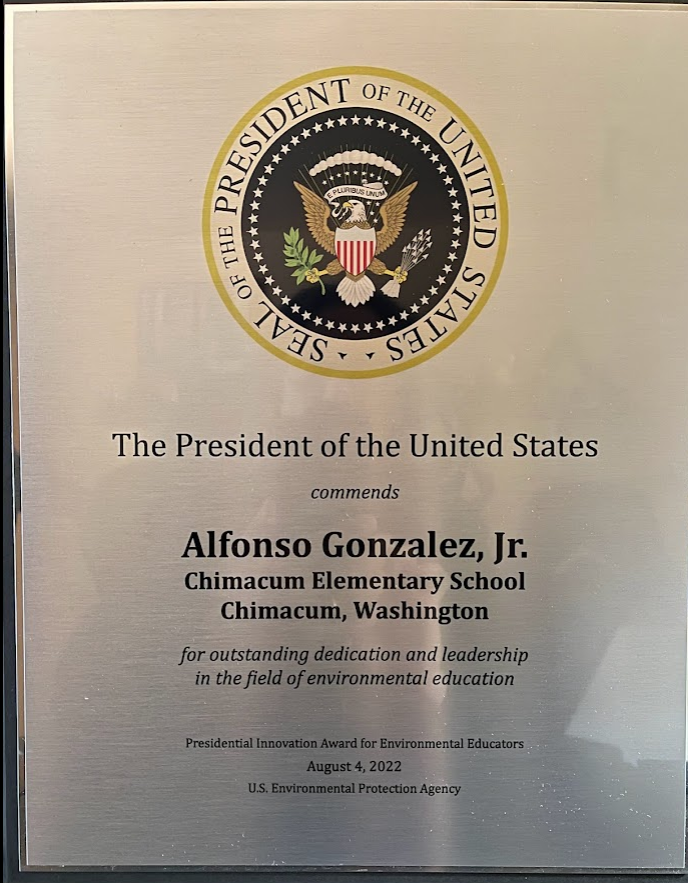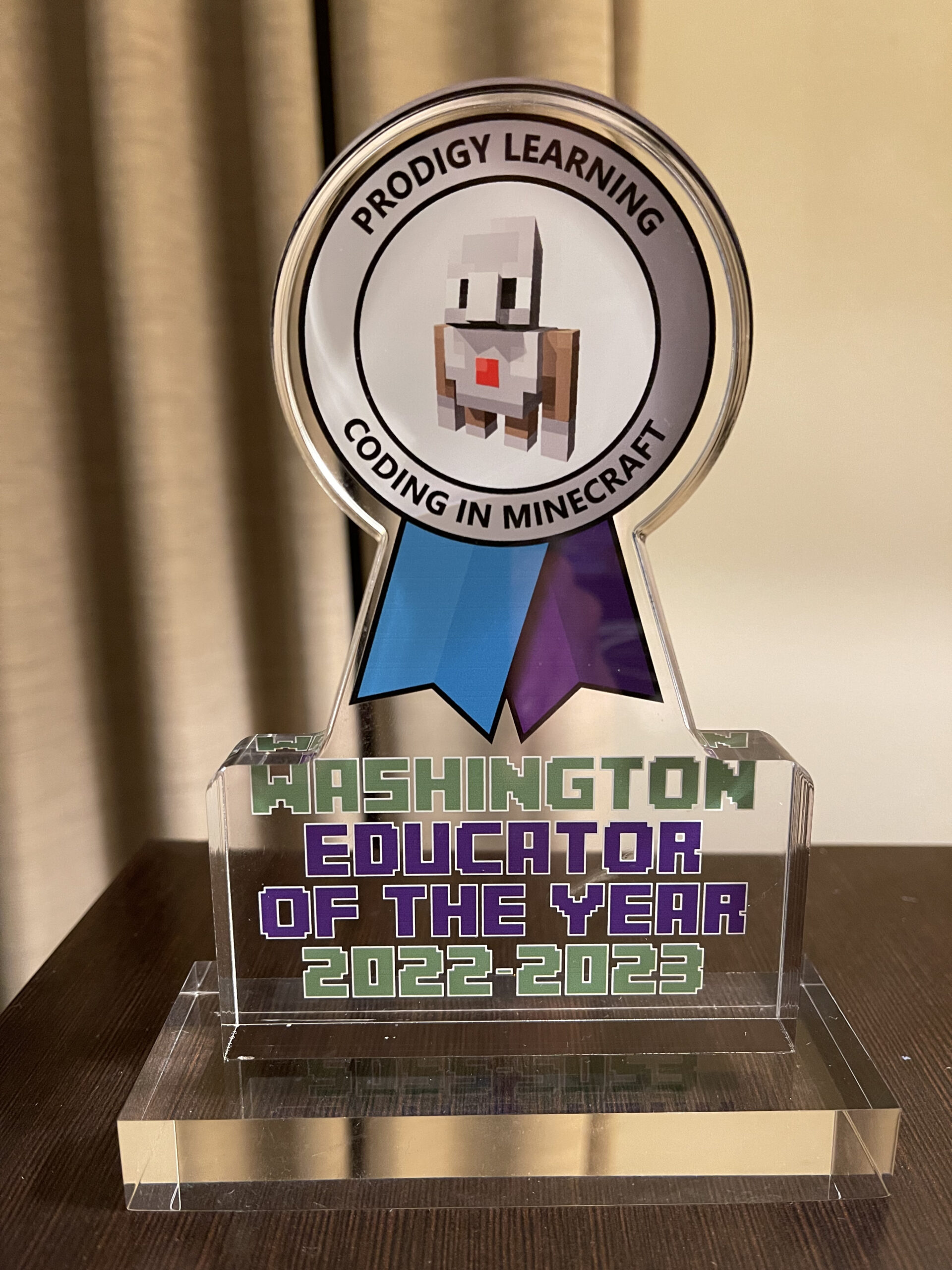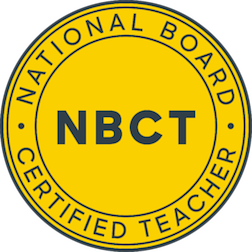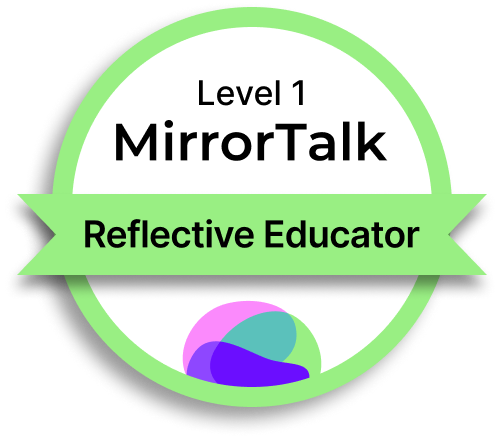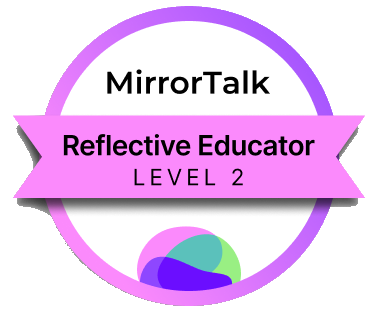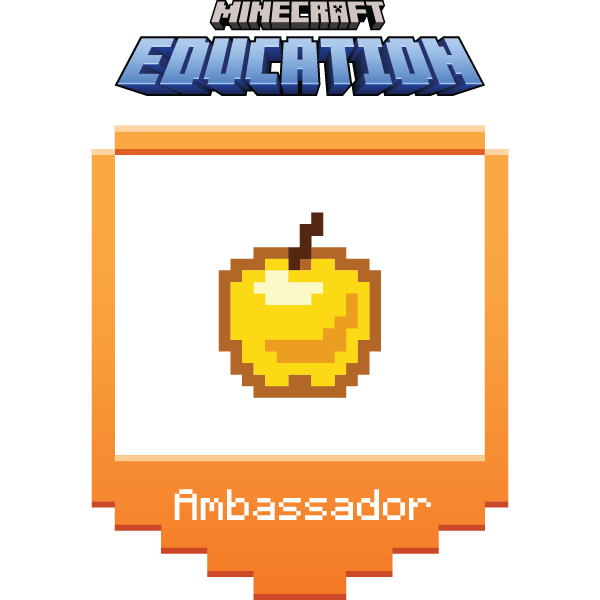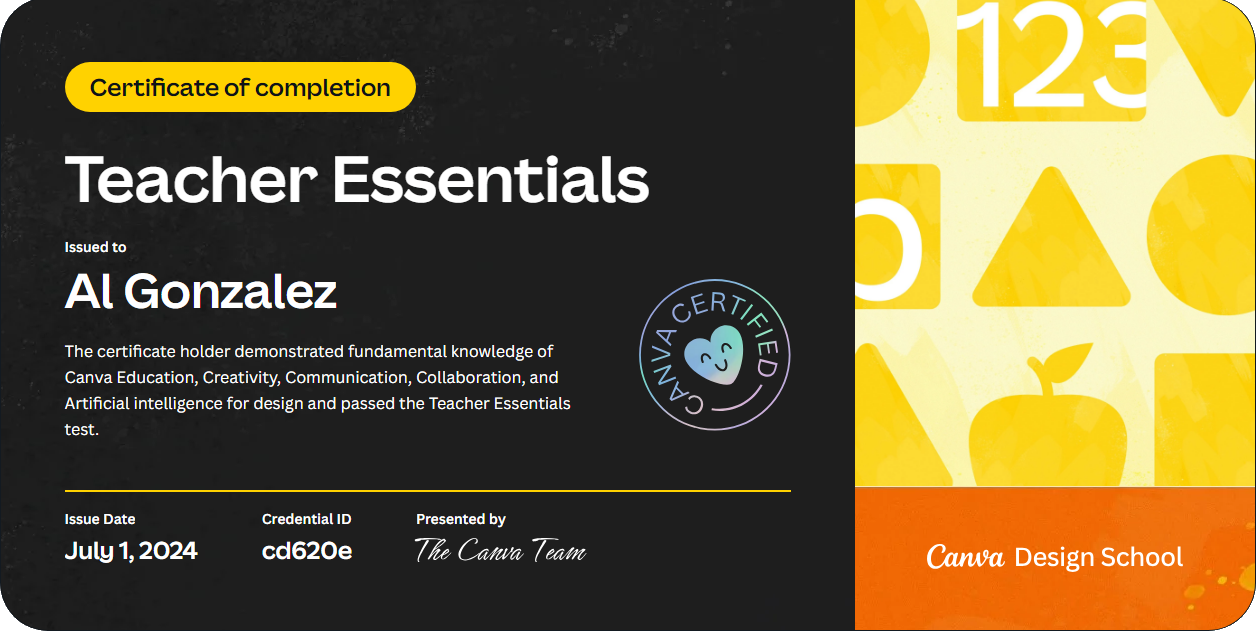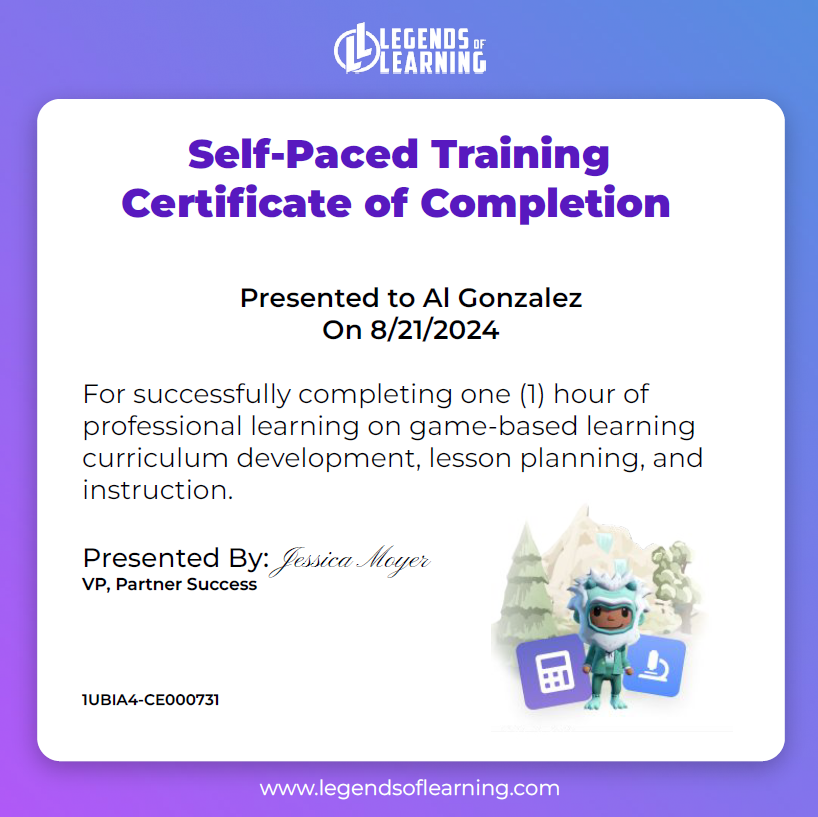I published this post a little over a year ago. I wanted to re-publish it because of the lessons learned when I wrote it, especially the posts I linked to. It all started in 2011 when I wrote this.
Last year [the 2012-13 school year] our middle school staff agreed to stop choosing Student’s of the Month and to stop giving out monthly awards for behaviors which we want our students to engage. My advisory students conducted a survey and we found out that a majority of students reported feeling left out and not appreciated by our monthly awards assemblies. The assemblies were okay for students who play the game of school well but even they were often embarrassed for being chosen for an award or a certificate because it singled them out. This is what happens when a few are given accolades for things that are imposed on them. Academic awards are not something everyone would even want to compete for yet they are automatically competing. And if you think those who don’t get chosen for an award aren’t forced to compete then why are they made to feel that they “could have” gotten an award or could get it still? We either tell them all to go for the awards or we imply that they should. Even if school is not something they are good at!We replaced our monthly awards assemblies with assemblies that were put together by students for students! What a concept! Students could highlight their talents in fun and engaging ways without handing out a single certificate or singling out anyone who didn’t want to be included.
This school year there were some changes, including having a new principal. For whatever reason our monthly assemblies didn’t happen. That coupled with the loss of monthly awards and student of the month awards the year before has caused some students undue stress. I heard from a couple of families of high achieving kids that some of our students are so upset at having no ways to be acknowledged for their hard work and wonderful achievements that they are starting to feel, “why bother?” One of the reasons we chose to abolish awarding kids certificates for getting good grades is to avoid having our children feel they shouldn’t bother doing well if they are not getting rewarded for it. Even the parents I spoke to agreed on that point. But is there a difference between getting rewarded for doing well and being acknowledged for doing well?
I think so. We live in a world where anything and everything we do can be shared easily through social media. Kids are sharing all the time, 24/7 (even during school), when they win a game, get good grades, complete wonderful pieces of art, play great music, etc. We as a species crave acknowledgement for doing well and for doing great things. That seems different than being rewarded for doing well. So how does a school acknowledge their students without rewarding some and punishing others?
I think having our students put together assemblies where they choose how to highlight the great things they are doing is a great way. And I think it was working well last year so we should bring it back somehow. I also heard that our ASB brought up this same topic at their ASB executive meetings. Our ASB advisor understands why we chose to abolish rewarding students for doing the right thing so she asked the ASB to come up with some ideas for acknowledging students. She wondered what they wanted and what follows is what she found out.
[I’m paraphrasing here.] Our ASB students thought that if each teacher chose a student to highlight—and it could be for any reason— and we keep a list of students chosen, then more students could be recognized. We would do this monthly and then take a picture and post the teacher’s short write up about the students in the showcase outside the office. That works out to about 15 students per month—x9 months is 135 students, and we have about 240ish. So that would get half of them—so if we added a PE teacher and a Choir teacher then we get about 30 more. This list includes all advisory teachers too. [End paraphrase.]
So as a school we have students who are craving acknowledgement for all the wonderful things they are doing, not just academic/school. We have some ideas for how we can do something about that. I’m wondering if we can satisfy their need for acknowledgement with student-run assemblies and teachers choosing students to highlight each month. I’m wondering if that’s how can we help our students not feel, “why bother,” if they are not rewarded for doing well in school? It’s our fault they feel that way because we’ve trained them since elementary that if you do well in school you can be chosen to get an award or be chosen for the coveted, “Student of the Month,” recognition. Will it ever be enough? What if we hold out a bit longer, will they feel pride without being recognized by their teachers?
Then I read this blog by Grant Wiggins, Engagement and Personalization: Feedback part 2. I especially focused on these parts:
Here are the three key questions from the Gallup survey, on a strongly agree-strongly disagree scale:
- My teachers make me feel my schoolwork is important.
- At this school, I have the opportunity to do what I do best every day.
- In the last seven days, I have received recognition or praise for doing good schoolwork.
It’s no wonder that students enjoy sports, performing arts, robotics, and other such offerings as much as they do since they get to play to strengths, help the greater good, and routinely receive some positive feedback.
And
As Gallup summarizes in its findings:
Students’ engagement at school may be influenced by innumerable factors largely outside a school’s control. However, there are fundamental strategies schools can focus on to dramatically raise the likelihood that students will be emotionally engaged in the classroom on any given day.
Those strategies include providing students with opportunities to discover and develop their talents, and with teachers who inspire a sense of optimism about what they can achieve with those talents.
So now I’m wondering if there’s a way we can give our students feedback instead of acknowledgement? Is there a difference? Sports, performing arts, and other such offerings allow students to play to their strengths and coaching provides them constant feedback. How do we incorporate that into school? Yeah, we often have students taking classes they wouldn’t choose to take because they don’t play to their strengths. Adults make kids take classes we feel will provide them with skills they will need to succeed in life.
So we have students doing well in school and students doing well in other areas with many of them craving some sort of positive feedback or acknowledgement. Our job as educators is to provide that without rewards and punishment. Oh boy.


